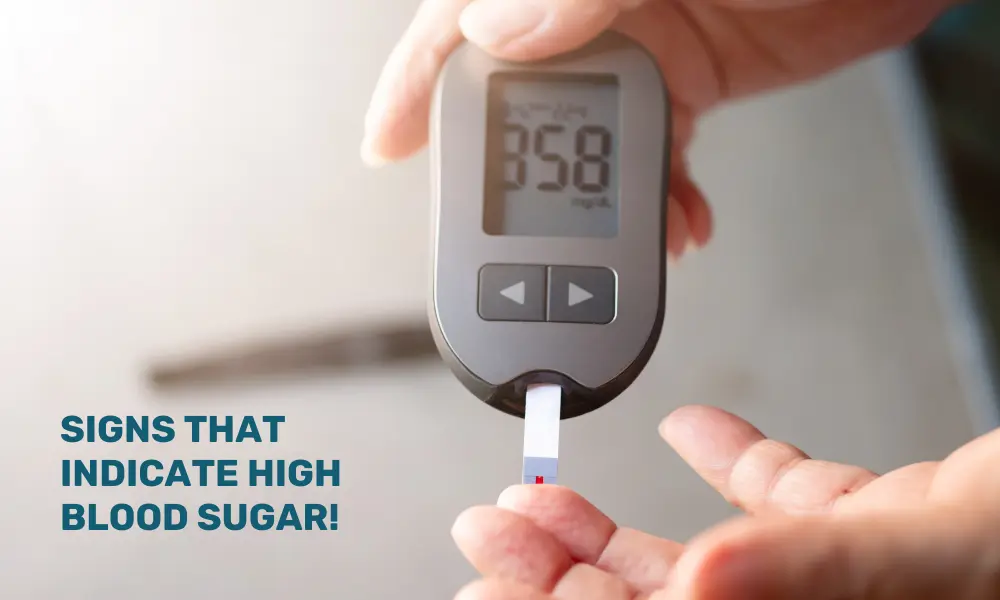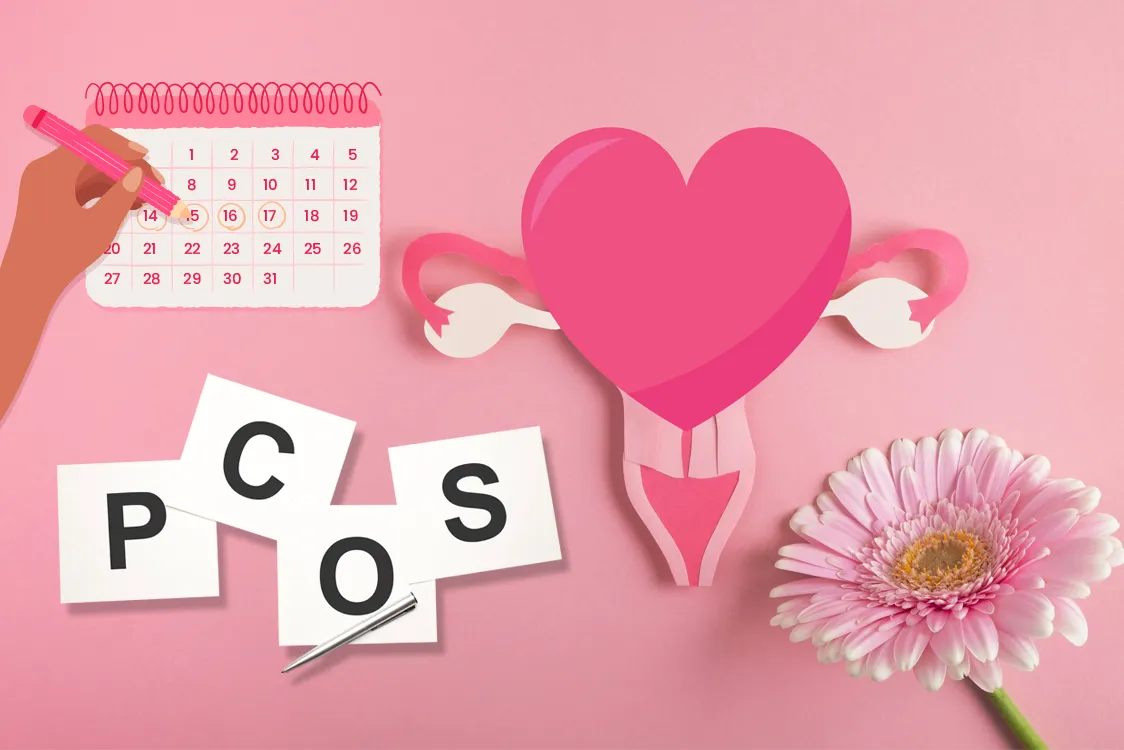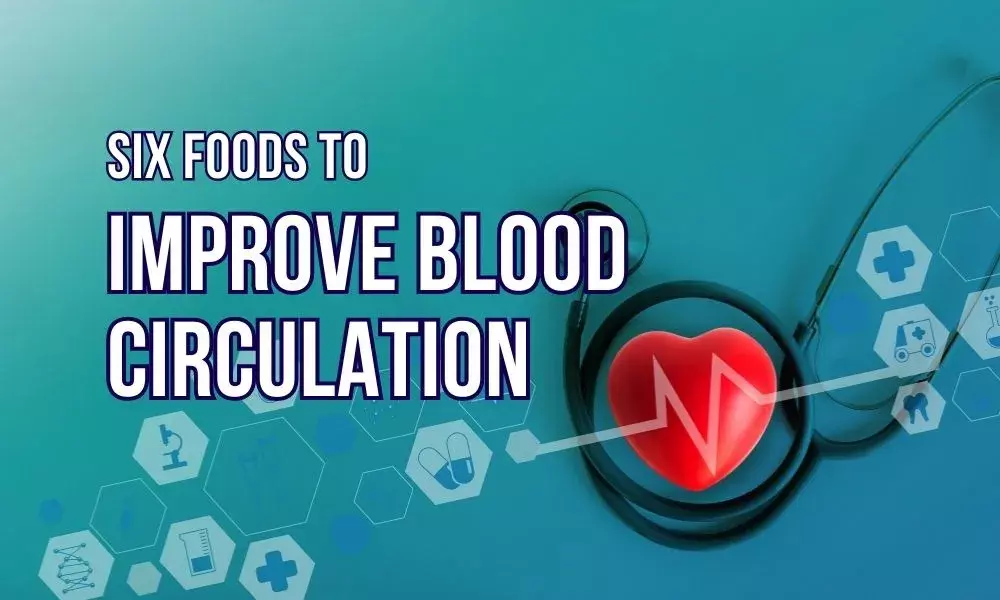When blood sugar levels are very high, especially above 250 mg/dL, our body begins to display warning signs. High blood sugar, or hyperglycemia, often develops gradually and can be missed if we are not aware of the warning signs. Specific symptoms may develop gradually and are often overlooked at first.
Signs your Blood Sugar is too High:
Blurred vision in diabetes: High sugar levels generally cause fluid shifts in the eyes, temporarily affecting an individual’s ability to see clearly. Some people may experience blurred vision or headaches. Persistently high sugar can damage optical nerves.
Increased hunger: Despite eating enough, our body may not be able to properly use glucose for energy, making us feel hungry repeatedly.
Frequent urination: When sugar levels are high, our kidneys need to work overtime to remove the excess glucose, leading to more trips to the bathroom. One of the most common signs is feeling very thirsty. No matter how much water you drink, the dryness continues. This is often followed by frequent urination, especially waking up at night to pee.
Excessive thirst: Losing more fluid through urination can leave you feeling unusually thirsty, even after drinking water.
Irritability or mood swings: Fluctuating sugar levels can impact brain chemistry, causing changes in mood and behaviour. Experts urge getting a blood sugar test and consulting a physician for timely diagnosis and management if you’re experiencing multiple symptoms.
Tingling or numbness in hands/feet: Persistently high sugar can damage nerves, especially in the extremities (diabetic neuropathy).
Fatigue: When glucose isn’t effectively entering your cells, your body lacks energy, leaving you constantly tired.
Recurrent infections: High sugar levels weaken the immune system and create an environment where bacteria and fungi thrive.
Slow-healing wounds: Elevated glucose can impair circulation and immune function, slowing the body’s healing response. You might also notice slow healing of wounds or frequent infections, like urinary tract or skin infections.
Unexplained weight loss: If your body can’t use sugar properly, it breaks down muscle and fat for energy. Some may also feel nausea, vomiting, or abdominal pain, especially if blood sugar is dangerously high.
If these symptoms appear, especially in someone known to have diabetes, it’s important to check blood sugar immediately and seek medical help. Ignoring high sugar levels can lead to serious complications like diabetic ketoacidosis (DKA), which is a medical emergency. Therefore, it is recommended to monitor the blood sugar levels regularly.
FAQ on High Blood Sugar
How do you feel if the blood sugar is high?
One may experience symptoms like:
-
Increased thirst and a dry mouth
-
Frequent Urination
-
Tiredness and fatigue
-
Blurred vision
-
Unintentional weight loss
What are the three Ps of high blood sugar?
Classic symptoms of hyperglycemia include the three Ps: polydipsia, polyuria, and polyphagia.
What is the biggest indicator of diabetes?
The most significant indicator of diabetes is abnormally high blood sugar levels, which can be identified through various tests.
What happens to BP when sugar is high?
High blood sugar, leads to elevated blood pressure (hypertension) through several mechanisms. High blood sugar can damage blood vessels, making them less flexible and more prone to plaque buildup, which increases blood pressure.
Disclaimer: This article is meant for informational purposes only and must not be considered a substitute for professional advice.




